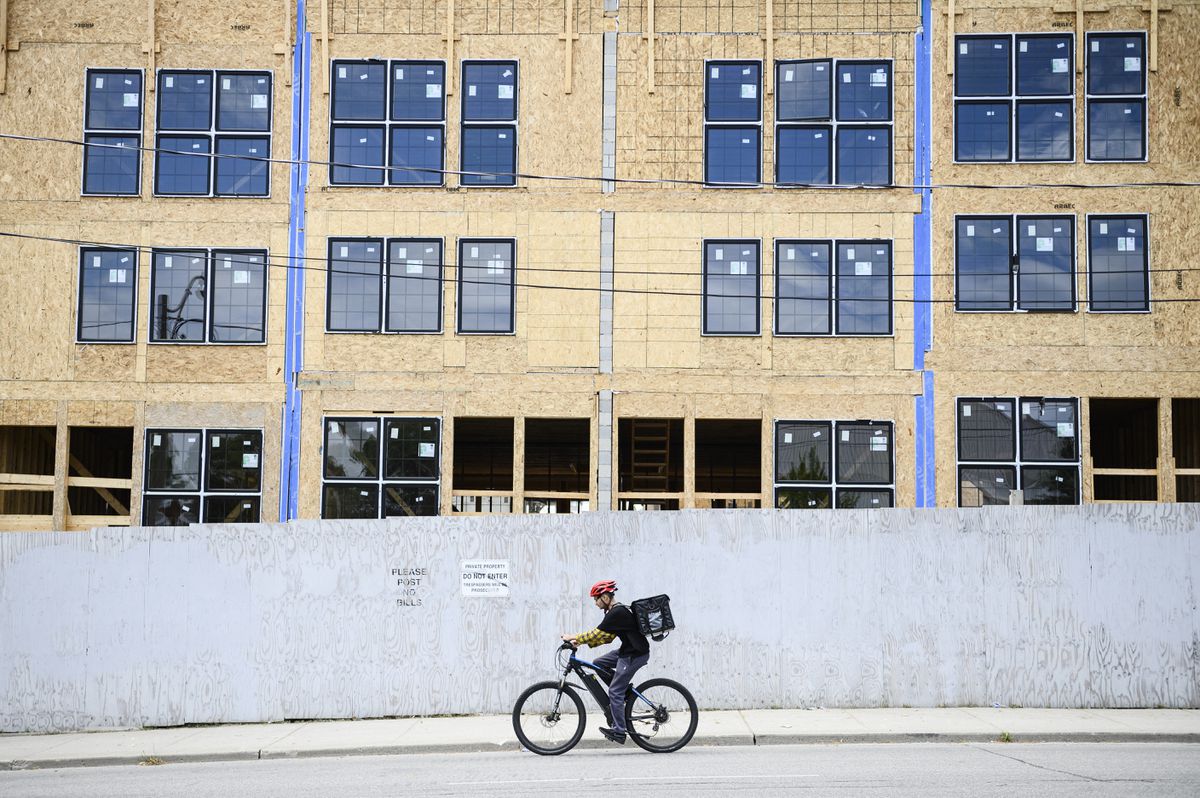People are finally talking about shifting income tax to take some of the money out of the housing market:
First:
a lifetime cap of $1-million on the personal residence capital gain exemption […] would limit unproductive investment in the real estate sector by discouraging retirement strategies based on the gains made from selling a house. It would also stop the investment strategy of buying a house, renovating, living in it the minimum amount of time to claim the tax credit and then flipping it for a tax-free gain.
They note that the lifetime cap wouldn’t hit most Canadians in lower-cost communities. It should mostly hit higher end houses and higher income taxpayers.
Second:
a limit applied to the amount of interest that can be recorded as a business expense for single-family residences let as rental properties
They’re suggesting these changes because
investors are the fastest growing mortgage segment with a 30-per-cent share of mortgaged home purchases nationally in the first part of this year, up from 19.6 per cent in 2020. They are now a bigger segment than repeat homebuyers and, over the past few years, have taken 6 per cent of market share from first-time buyers



That appreciation you have seen on your principle residence isn’t really accessible though. You have to live somewhere. If you were hit with capital gains tax on your primary residence, it would impart a whole lot of financial friction on ever being able to move.
Let’s say you need to re-locate, or upsize/downsize; the house you are moving too also has appreciated, but you have to buy that house at the new, appreciated price, and ALSO pay the capital gains on the 400k. That financial friction on being able to move is bad for everyone. It keeps people in inappropriate houses, or commuting long distances, and doesn’t do anything to improve housing affordability.
It does effectively become a transfer of wealth (from lack of taxes) from young to old, as they downsize, and reap the financial windfall. However, that could be clawed back with estate taxes. If you penalize downsizing, you create an even bigger incentive to stay in oversized housing, as you mention. If anything, not being allergic to property tax increases is probably the only thing that would encourage people to rightsize.
I’m just going to point out that that friction doesn’t occur until you’ve made 1 million dollars in profit. You won’t make that off moving condos every few years.
It doesn’t really penalize downsizing that much either, since you’re now realizing that massive windfall. In a downsizing situation the new house would be far cheaper anyways. The tax amount is not that much. To need to pay capital gains on 400k, you’d need to have appreciated by 1.4 million… and then the tax on 400k is taxed at half your income tax rate (that’s how capital gains works) so it’s really only going to be around 80k in tax, on something like a 2-2.5 million dollar sale.